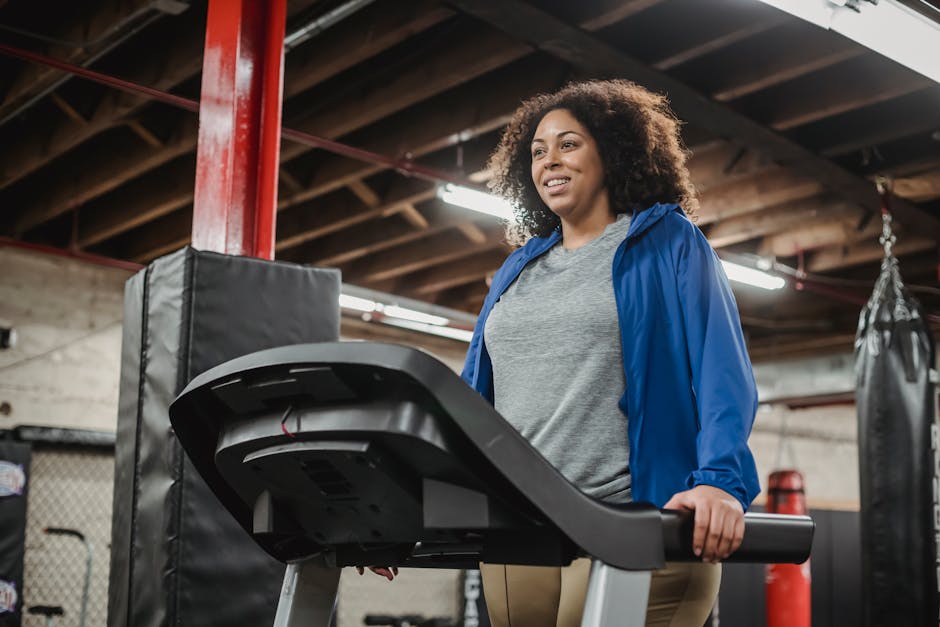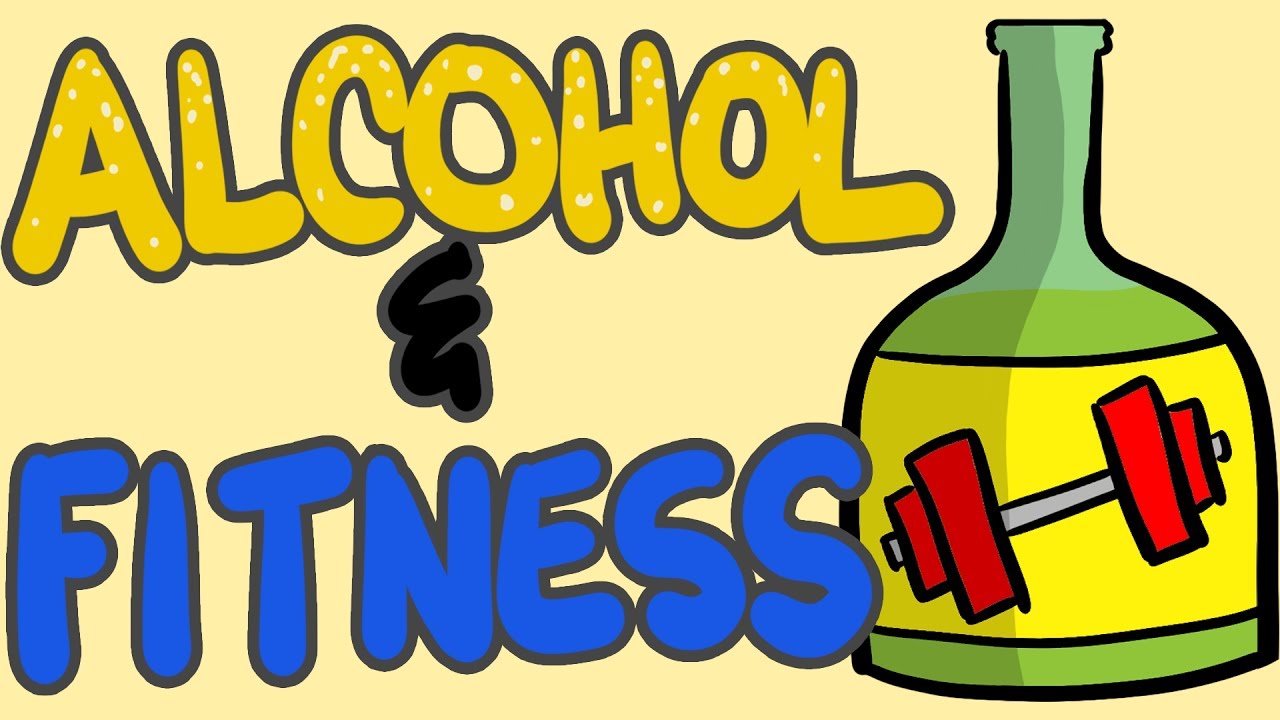Oh, alcohol, why must you be so cruel? You make me stumble around, scream out loud for no reason, pee 10 times in an hour, and perform dares that I wouldn’t even dare to think about it when I’m sober. But at least you don’t take away my gain. Or… do you? How does alcohol affect your fitness gains? Many of us have at least the “occasional” drinking nights and sometimes the rare “extreme” drinking nights, but we hardly think about how it might affect us fitness-wise.
One way drinking affects us physiologically is by dehydration.
Since alcohol is a diuretic, the more you drink, the more you urinate, the more you’re dehydrated. In worse-case scenarios, excessive drinking can lead to severe dehydration and electrolyte imbalance. Pair this with increased levels of a toxin known as acetaldehyde from drinking, you’re ripe with the recipe for a hangover. Not so fun fact, acetaldehyde is also classified as a Group 1 carcinogen, the same group as tobacco, asbestos, and processed meat. And it’s also the reason why many East Asian ethnicities have alcohol flush reactions, aka “Asian Glow,” due to a mutation of the enzyme in charge of breaking down this toxin.
Of course, with dehydration and a hangover, you’ll feel increases in fatigue, sluggishness, confusion, and your chances of going to the gym plummet to a near zero. And if it needs to be spelled out, no gym equals no gain. In fact, your gains might already be affected even if you don’t exercise. Studies show that low alcohol consumption, about 40 grams or so, or 1 drink, has really no effect on the muscle growth-promoting hormone testosterone.
However, that starts changing as you continue to drink more.
10 to 16 hours after consuming 3 drinks, shown to reduce testosterone levels in your body by 23%. This drop does not come back to normal levels until 36 hours later. That’s a whole 1 and a half day you’re spending with subpar muscle protein synthesis, and the studies also show that the worse your hangovers feel, the lower your testosterone drops. And even worse, alcohol has been connected to decreasing leucine oxidation, which is also important for building muscle. Oh, and it doesn’t stop there for your hormones.

Moderate amounts of alcohol have shown to also inhibit the hormone Leptin, which is responsible for making you feel full. If you’re trying to lose weight, good luck battling those cravings for nachos after a long night of drinking.
Speaking of losing weight or even just losing body fat, alcohol will also affect how your body uses energy. Typically your body uses glucose and fat as energy through the glycolytic and oxidative pathways. But once you introduce alcohol, your body quickly shifts its focus from glucose and fat to break down alcohol for energy instead.
Alcohol itself contains roughly 7 calories per gram, which your body breaks down into acetaldehyde and then into acetic acid and then finally a useable energy source knew acetyl CoA. While this process takes place, your body won’t be utilizing any other energy sources in your body, which means all the calories you consume while intoxicated will be converted into stored fat and any chances of burning fat for the duration is not going to happen. And most of all, alcohol lowers your quality of sleep.
After a night of drinking, studies show that when you go to bed, you do in fact fall asleep quicker and into deeper sleep, but it’s quickly disrupted and REM sleep, the deepest of all the sleep stages, is overall reduced. When you’re asleep, much of the mechanisms for muscle synthesis and recovery take place.
Disrupt that, and you disrupt your muscle growth. So if you have a fitness goal that you’re desperately trying to reach, alcohol consumption is perhaps one of your worst enemies. But if you do choose to drink, drink moderately and choose healthier, low-calorie choices.
Come check out this previous video that might help you do just that. Please also come check out PictureFit on Patreon and like and subscribe.
Thanks for watching…
Read More: How To Sleep Fast
Read More: Tips for Getting a Good Night’s Sleep by Kaiser Permanente
